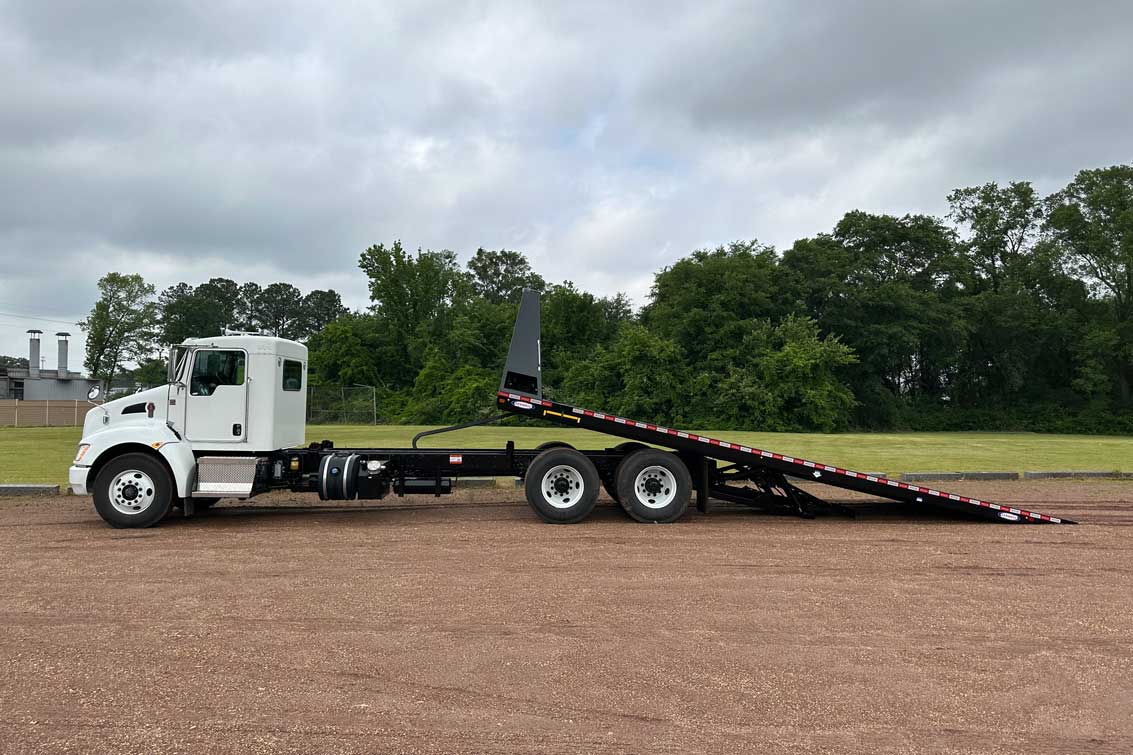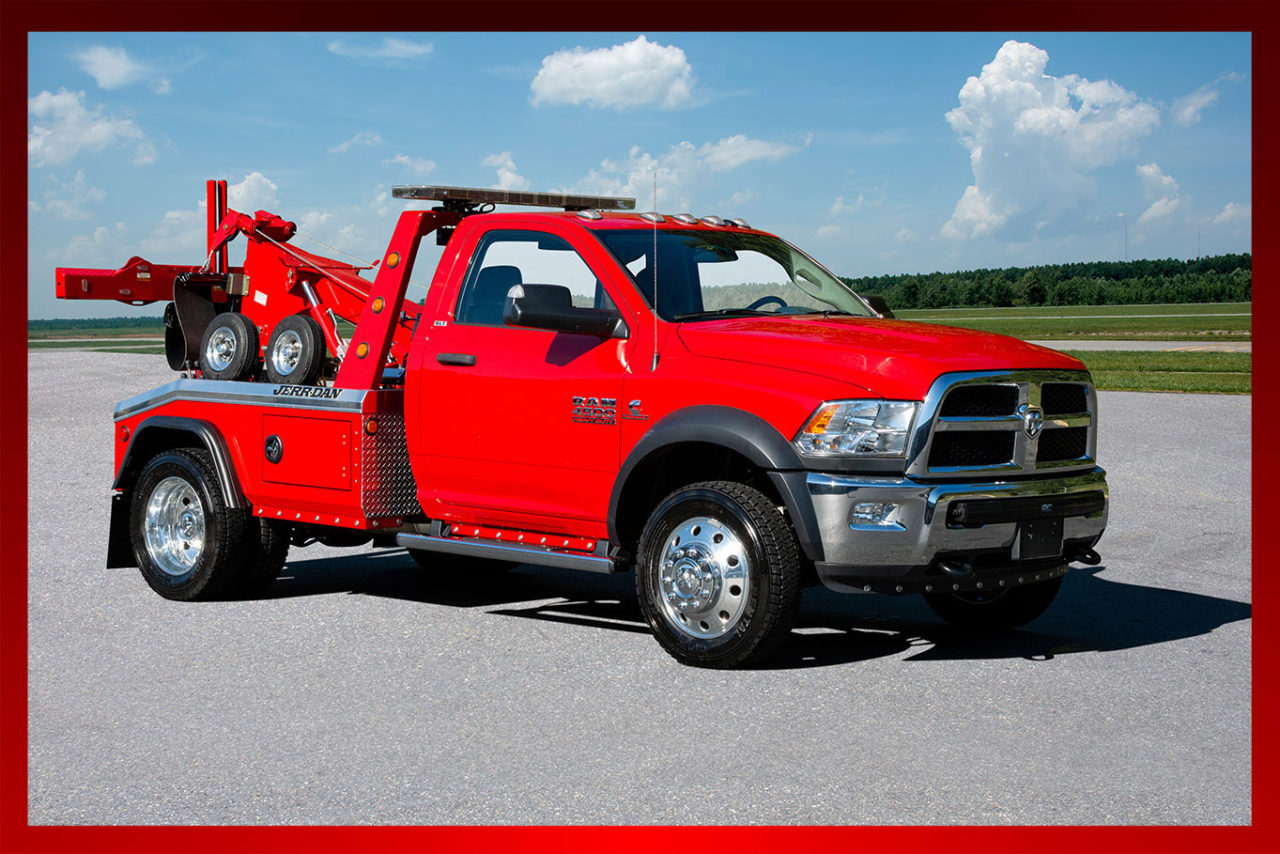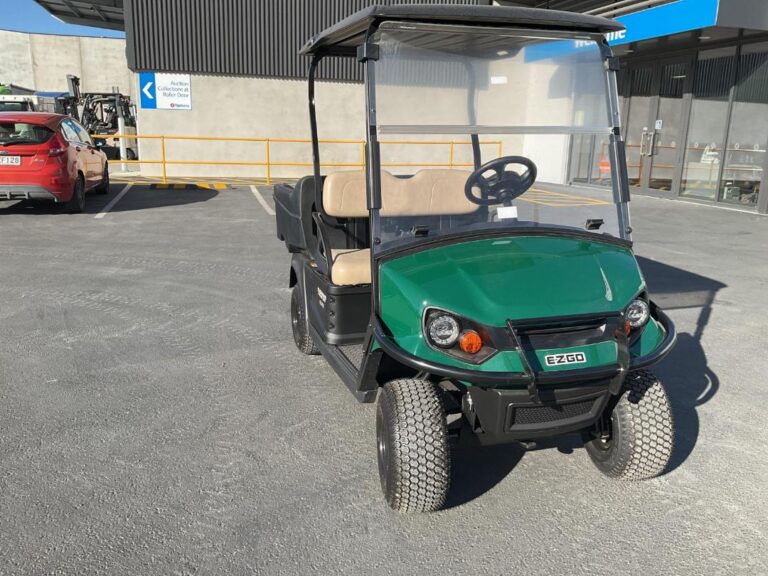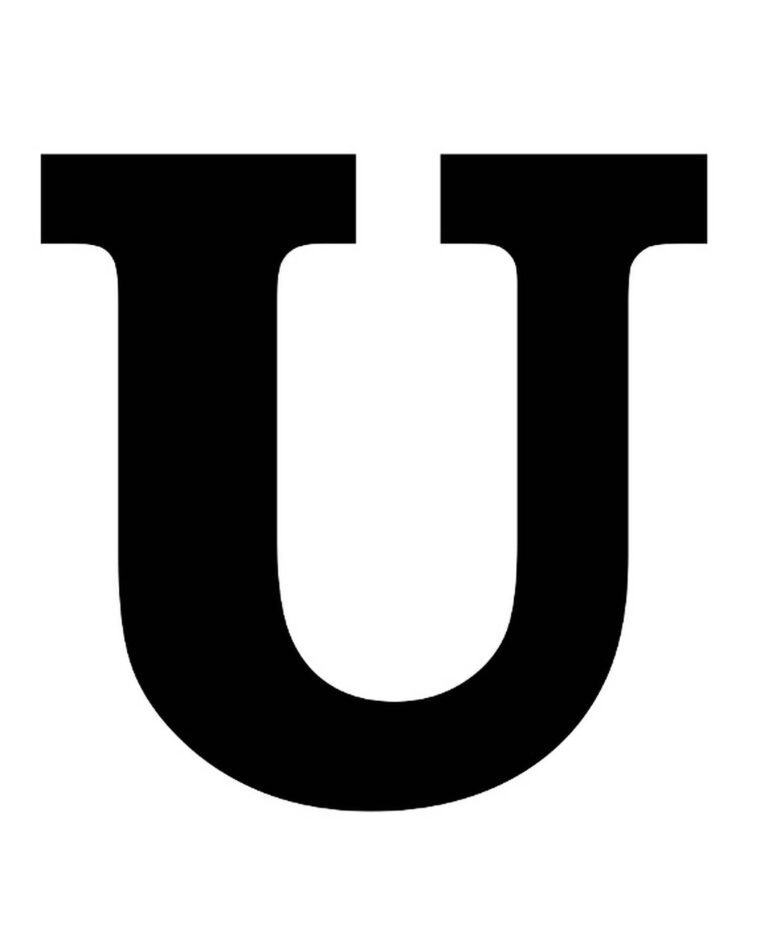Rollback Towing Trucks For Sale: Your Comprehensive Guide to a Smart Investment
Rollback Towing Trucks For Sale: Your Comprehensive Guide to a Smart Investment cars.truckstrend.com
In the dynamic world of vehicle recovery and transport, few tools are as versatile, safe, and indispensable as the rollback towing truck. Also known as a flatbed tow truck, these specialized vehicles feature a hydraulically operated bed that tilts and slides backward, allowing a vehicle to be driven or winched onto the flat platform. This method of transport ensures that the towed vehicle’s wheels are entirely off the ground, eliminating wear and tear, potential damage to the drivetrain, and providing superior stability during transit.
For towing companies, auto repair shops, car dealerships, and even private collectors, investing in a rollback truck isn’t just about acquiring a piece of equipment; it’s about enhancing operational efficiency, expanding service capabilities, and projecting a professional image. This comprehensive guide will delve into everything you need to know about rollback towing trucks for sale, from understanding their core benefits to navigating the buying process and making an informed decision.
Rollback Towing Trucks For Sale: Your Comprehensive Guide to a Smart Investment
Understanding the Rollback Tow Truck: Mechanics and Mission
At its heart, a rollback tow truck is a marvel of hydraulic engineering designed for secure vehicle transport. Unlike traditional hook-and-chain or wheel-lift tow trucks, which lift only a portion of the vehicle, the rollback’s entire deck lowers and inclines, creating a ramp. A powerful winch then pulls the disabled or damaged vehicle onto the flat surface, where it is secured with straps. This method is particularly crucial for:
- All-Wheel Drive (AWD) and Four-Wheel Drive (4WD) vehicles: Prevents damage to complex drivetrain systems that can occur if even one set of wheels is left on the ground.
- Luxury and Classic Cars: Minimizes the risk of scratches, dents, or suspension damage, preserving the vehicle’s value.
- Low-Clearance Vehicles: Sports cars or modified vehicles can be loaded without scraping their undercarriage.
- Specialized Equipment: Capable of transporting small machinery, forklifts, sheds, or even other small vehicles.

The robust chassis, combined with a custom-built flatbed body and a sophisticated hydraulic system, makes the rollback an incredibly capable and reliable asset for any operation requiring safe and efficient vehicle transport.
The Unmatched Advantages of Rollback Tow Trucks
Choosing a rollback tow truck offers a myriad of benefits that directly impact your bottom line and reputation:
- Superior Safety: By securing the entire vehicle on a flat platform, the risk of accidents due to sway, detachment, or component failure is drastically reduced. It’s safer for the vehicle being towed, the operator, and other road users.
- Versatility in Applications: A single rollback truck can handle a vast array of vehicles and equipment, from motorcycles and sedans to light trucks, SUVs, and even construction equipment. This broad utility means fewer specialized vehicles are needed, optimizing your fleet.
- Damage Prevention: This is arguably the most significant advantage. Lifting all four wheels off the ground eliminates potential damage to transmissions, axles, and bodywork, which is paramount for high-value vehicles or sensitive mechanical systems.
- Professional Image: A clean, well-maintained rollback truck conveys professionalism and reliability. Clients trust their valuable assets to operators who use the safest and most modern equipment.
- Operational Efficiency: Rollbacks are designed for quick and efficient loading and unloading, reducing on-scene time and increasing the number of jobs an operator can complete in a day.
- Regulatory Compliance: Many jurisdictions have specific regulations regarding the towing of certain vehicle types (e.g., AWD). Rollbacks often provide the simplest and most compliant solution.


Types of Rollback Tow Trucks: New vs. Used, and Capacity
When exploring rollback towing trucks for sale, you’ll primarily encounter two main categories based on their load capacity and two main conditions:
By Capacity:
- Light-Duty Rollbacks: Typically built on Ford F-Series, Ram, Chevrolet Silverado, or similar chassis, these trucks are designed to transport standard cars, small SUVs, and motorcycles. Their deck lengths usually range from 19 to 22 feet, with capacities from 8,000 to 12,000 pounds. They are ideal for everyday roadside assistance, personal vehicle transport, and smaller repair shops.
- Medium-Duty Rollbacks: Mounted on heavier-duty chassis like Freightliner M2, International, or larger Ford F-series, these trucks can handle larger SUVs, pickup trucks, commercial vans, and even small buses or equipment. Deck lengths often extend from 22 to 26 feet, with capacities ranging from 15,000 to 25,000 pounds. These are the workhorses for commercial towing, fleet services, and heavier recovery operations.
- Heavy-Duty Rollbacks: While less common than dedicated heavy-duty wreckers, some very large rollbacks exist for specialized industrial equipment or bus transport, often with tandem axles and capacities exceeding 25,000 pounds.
By Condition:
- New Rollback Trucks:
- Pros: Latest technology, full manufacturer warranty, customizable features, pristine condition, no immediate maintenance concerns.
- Cons: Higher initial cost, depreciation begins immediately.
- Ideal for: Established businesses seeking long-term reliability, specific configurations, and minimal downtime.
- Used Rollback Trucks:
- Pros: Significantly lower initial cost, quicker return on investment, immediate availability, often come with some essential accessories.
- Cons: Potential for wear and tear, unknown maintenance history (unless meticulously documented), may require immediate repairs, potentially outdated technology.
- Ideal for: Start-up towing businesses, budget-conscious buyers, or as an auxiliary truck. Thorough inspection is paramount.
Key Considerations When Buying a Rollback Tow Truck
Purchasing a rollback is a significant investment. Here are critical factors to weigh before making a decision:
- Chassis and Engine:
- Manufacturer Reputation: Brands like Ford, Ram, Chevrolet, Freightliner, and International are popular for their reliability and widespread service networks.
- Engine Type: Diesel engines offer more torque, better fuel efficiency for heavy loads, and longer lifespans, but typically have higher maintenance costs and initial price. Gas engines are cheaper upfront and simpler to maintain, suitable for lighter, less frequent use.
- Mileage/Hours (Used): For used trucks, lower mileage and engine hours generally indicate less wear. Request service records.
- Deck Specifications:
- Material:
- Steel Decks: More durable, heavier, typically lower cost. Good for rough terrain or frequent heavy hauling.
- Aluminum Decks: Lighter, leading to better fuel economy and higher payload capacity on the same chassis. More expensive upfront and can be more prone to denting than steel, but resistant to rust.
- Length & Width: Ensure the deck can accommodate the largest vehicles you intend to tow. Common lengths are 19-26 feet.
- Capacity (GVWR): The Gross Vehicle Weight Rating of the entire truck and the deck’s individual weight rating are crucial. Match it to your maximum anticipated load.
- Material:
- Winch Capacity: The winch should be rated to safely pull the heaviest vehicle you expect to load. Look for winches with capacities between 8,000 and 15,000 pounds, appropriate for the truck’s overall rating.
- Wheel Lift/Underlift (Optional but Recommended): An integrated wheel lift allows you to tow a second vehicle (e.g., a car behind an SUV), significantly increasing your earning potential.
- Toolboxes and Storage: Ample, secure storage for chains, straps, tools, and safety equipment is essential for efficient operations.
- Lighting and Safety Features: Ensure the truck has adequate work lights, strobe lights, and safety indicators for visibility, especially during night operations.
- Maintenance and Serviceability: Consider the availability of parts and qualified technicians for the specific chassis and rollback body.
- Budget and Financing: Beyond the purchase price, factor in insurance, registration, ongoing maintenance, fuel, and potential upgrades. Explore financing options carefully.
The Buying Process: A Step-by-Step Guide
- Assess Your Needs: Clearly define what types of vehicles you’ll primarily be towing, your typical service area, and your expected volume. This will dictate the required capacity, deck material, and features.
- Set a Realistic Budget: Determine your maximum expenditure, including the truck itself, initial maintenance (for used), insurance, and any necessary accessories.
- Research the Market: Look at reputable dealerships specializing in tow trucks (new and used), online marketplaces, and auction sites. Compare prices, features, and dealer reputation.
- Thorough Inspection (Especially for Used):
- Chassis: Check for rust, frame damage, tire wear, brake condition.
- Engine & Transmission: Listen for unusual noises, check fluid levels, look for leaks. (A pre-purchase inspection by a certified mechanic is highly recommended).
- Hydraulic System: Inspect hoses, cylinders, and pumps for leaks or damage. Test the deck’s tilt and slide functions multiple times.
- Winch: Test its operation, check the cable for fraying.
- Electrical System: Test all lights, gauges, and auxiliary power.
- Deck: Look for cracks, excessive wear, or repairs.
- Test Drive: Drive the truck empty and, if possible, with a simulated load. Pay attention to steering, braking, acceleration, and transmission shifting.
- Review Documentation: Verify the title, service history, and any warranties (especially important for new trucks or certified used).
- Negotiate: Don’t be afraid to negotiate the price, especially if you find any minor issues during inspection.
- Secure Financing and Insurance: Have your financing pre-approved and insurance quotes ready before finalizing the purchase.
Tips for Maximizing Your Rollback Investment
- Prioritize Preventative Maintenance: Regular oil changes, hydraulic fluid checks, chassis lubrication, and thorough inspections will extend the life of your truck and prevent costly breakdowns.
- Operator Training: Ensure all operators are fully trained in safe loading, securing, and transport procedures. This protects your investment, your operators, and the vehicles you tow.
- Invest in Quality Accessories: Good quality straps, chains, safety cones, jump packs, and emergency tools will enhance efficiency and safety.
- Understand Regulations: Be aware of local, state, and federal regulations regarding vehicle weight limits, licensing, and safety inspections.
- Market Your Specialized Services: Highlight your rollback’s ability to safely transport luxury, classic, or AWD vehicles to attract higher-value clients.
Potential Challenges and Solutions
- High Initial Cost:
- Solution: Consider a well-maintained used truck, explore favorable financing options, or lease-to-own programs. Develop a robust business plan to ensure quick ROI.
- Ongoing Maintenance:
- Solution: Budget for regular preventative maintenance. Establish relationships with reliable mechanics specializing in commercial trucks and hydraulic systems.
- Fuel Efficiency:
- Solution: Opt for aluminum decks to reduce overall weight, which can improve fuel economy. Implement efficient driving practices among your operators.
- Operator Skill and Safety:
- Solution: Invest in comprehensive training programs. Implement strict safety protocols and regular refreshers.
Rollback Towing Trucks For Sale: Estimated Price Guide
Please note: These are general estimates and actual prices can vary significantly based on location, dealer, condition, specific features, market demand, and economic factors. Always conduct thorough research and obtain multiple quotes.
| Category | Type/Description | Estimated Price Range (USD) | Key Features/Notes |
|---|---|---|---|
| New Rollbacks | |||
| Light-Duty (Basic) | Gas engine, steel deck (19-21 ft), 10k lbs | $60,000 – $90,000 | Entry-level, suitable for cars/small SUVs, local towing; often on Ford F-450/Ram 4500. |
| Light-Duty (Premium) | Diesel engine, aluminum deck (21-22 ft), 12k lbs, wheel-lift | $90,000 – $130,000+ | More efficient, higher payload, extended features; popular for varied light-duty work. |
| Medium-Duty (Basic) | Diesel engine, steel deck (22-24 ft), 15k-20k lbs | $120,000 – $180,000+ | Larger chassis (e.g., Freightliner M2, International), heavier loads, commercial use. |
| Medium-Duty (Premium) | Diesel engine, aluminum deck (24-26 ft), 20k-25k lbs, advanced features | $180,000 – $250,000+ | Top-tier capacity for medium-duty, long-haul potential, highly customizable options. |
| Used Rollbacks | |||
| Light-Duty (Older) | 5-10+ years old, high mileage, steel deck | $20,000 – $45,000 | Budget-friendly, may require immediate maintenance; good for starting out or as backup. |
| Light-Duty (Newer) | 2-5 years old, moderate mileage, steel/aluminum | $45,000 – $70,000 | Good value, less wear, potentially still under some powertrain warranty. |
| Medium-Duty (Older) | 5-10+ years old, high mileage, steel deck | $50,000 – $90,000 | Cost-effective for heavier loads; inspect thoroughly for major wear. |
| Medium-Duty (Newer) | 2-5 years old, moderate mileage, steel/aluminum | $90,000 – $150,000 | Excellent value for commercial operations; often well-maintained fleet vehicles. |
| Deck Only (New) | (Uninstalled, for custom builds/replacements) | $20,000 – $40,000+ | Price does not include chassis, installation, or other accessories. |
Frequently Asked Questions (FAQ) About Rollback Tow Trucks
Q: What’s the main difference between a rollback and a wheel-lift tow truck?
A: A rollback (flatbed) carries the entire vehicle on a flat platform, lifting all its wheels off the ground. A wheel-lift truck uses an extendable boom with crossbars that cradle and lift only the front or rear wheels of the vehicle, leaving the other two wheels on the ground. Rollbacks are preferred for AWD/4WD, luxury, or severely damaged vehicles.
Q: Is an aluminum deck worth the extra cost over a steel deck?
A: For many, yes. While more expensive upfront, an aluminum deck is significantly lighter. This translates to better fuel efficiency, increased payload capacity (you can tow heavier vehicles without exceeding GVWR), and resistance to rust, leading to a longer aesthetic life.
Q: What capacity rollback do I need?
A: This depends entirely on the types of vehicles you plan to tow most often. If primarily cars and small SUVs, a light-duty (10k-12k lbs capacity) is sufficient. If you anticipate towing larger trucks, commercial vans, or equipment, a medium-duty (15k-25k lbs capacity) is necessary. Always err on the side of slightly higher capacity than you think you’ll need.
Q: How often should I service my rollback truck?
A: Follow the chassis manufacturer’s recommended service intervals for the engine, transmission, and chassis components. Additionally, the hydraulic system (hoses, cylinders, pump, fluid) and winch should be inspected and serviced regularly, typically every 6-12 months or as per operational hours.
Q: Can I finance a used rollback truck?
A: Yes, many lenders specialize in commercial equipment financing and offer loans for used tow trucks. Interest rates and terms will vary based on the truck’s age, condition, your creditworthiness, and the lender’s policies.
Q: What are common maintenance issues with rollback trucks?
A: Common issues include hydraulic leaks (hoses, cylinders), winch motor or cable problems, electrical issues (lights, controls), and general wear and tear on the deck surface, pivot points, and undercarriage due to heavy use and exposure to elements. Regular inspection and preventative maintenance are key to mitigating these.
Conclusion
Investing in a rollback towing truck for sale is a strategic decision that can significantly enhance the capabilities, safety, and profitability of your business. Whether you opt for a brand-new model with the latest features or a meticulously inspected used truck, the versatility and damage-prevention benefits of a rollback are unparalleled. By carefully assessing your needs, understanding the various types and features, and following a diligent buying process, you can acquire a powerful asset that will serve your operations reliably for years to come, truly making it a cornerstone of your success in the towing and transport industry.






